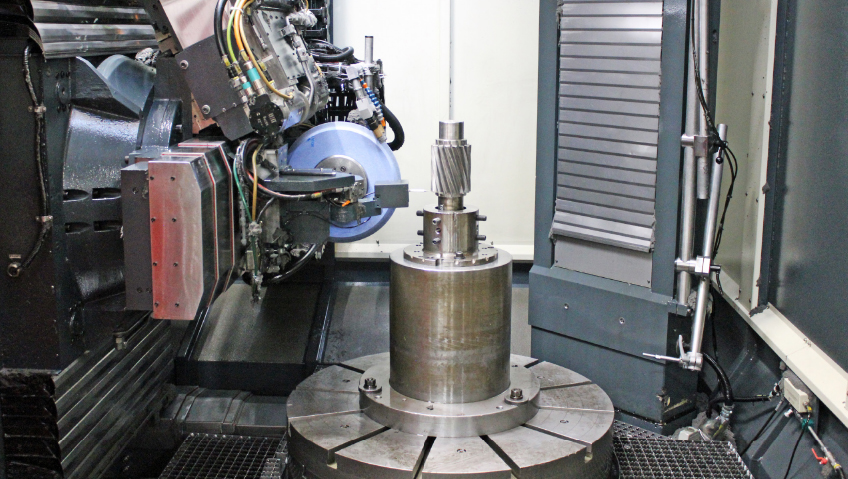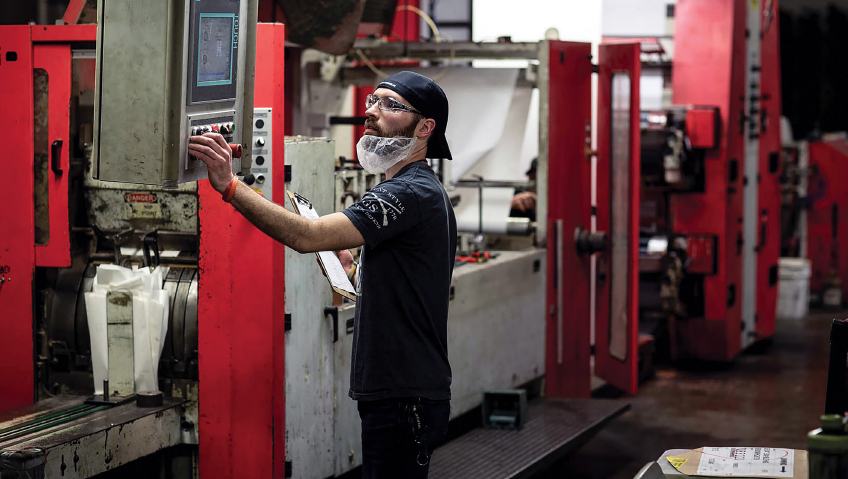Throughout history, Black men and women have been behind countless inventions, making our lives easier, safer, healthier, and more productive. From disposable syringes to lawn mowers, security systems, pressure cookers, fire extinguishers, electric lamps, and futuristic stair-climbing wheelchairs—courtesy of U.S. Navy veteran and one of the first Black submariners, Rufus Jack Weaver—the remarkable accomplishments of these visionaries are often overlooked.
We are all familiar with automatic elevator doors, yet how many of us know the name Alexander Miles? Despite adversity, African American Miles became a successful businessman, inventor, and the genius behind U.S. patent 371,207. Awarded in 1887, Miles’s life-saving patent, which “relates to mechanisms for closing the openings to the shafts of passenger and freight elevators and for operating the doors of the elwatoncages [elevator cages],” spared many from injury or death.
For Black innovators, the road to success has been far from easy. When many of us think of researchers, innovators, and inventors, names like Johann Gutenberg, creator of the printing press; Jethro Tull, inventor of the seed drill; telephone pioneer Alexander Graham Bell; and Thomas Edison, who was awarded 2,332 patents worldwide (1,093 in America alone) for countless devices still in use decades after his death. These inventors, and more recent ones like Robert K. Jarvik, inventor of the artificial heart; Apple’s Steve Jobs; and Tesla’s Elon Musk, persist in the public consciousness and are discussed in classrooms around the world.
Meanwhile, many of the names of pioneering Black innovators, inventors, doctors, engineers, and businessmen and women remain relegated to history textbooks.
While the name Marie Van Brittan Brown is relatively unknown, her work has helped make the world a much safer place. Frustrated by excruciatingly slow police response times, Brown, a nurse, invented the basis for today’s home security systems when she attached a camera to a series of peepholes in 1966. And without the invaluable contributions of Otis Boykin—who held over 20 patents—many men and women with heart issues would not be alive today. Creating a resistor initially used in computers and guided missiles, Boykin’s technology soon became a vital part of the success of pacemakers.
Throughout history, other Black pioneers have been behind innovations we use every day, such as the ubiquitous three-light traffic signal (thanks to Garrett Morgan), and the foil electret microphone, co-invented by James E. West. And even Thomas Edison’s most famous invention, the incandescent lamp, benefited from introducing a long-lasting carbon filament courtesy of Lewis Howard Latimer. From the period of 1750 to 1820, Nova Scotia saw over 2,000 Black men and women settle in the area. Highly resourceful, many set about making and selling everyday goods such as brooms and barrels. In Ontario, Black entrepreneurs started dressmaking shops and other enterprises.
All industries, from construction to health care, continue benefiting from the valuable contributions made by Black leaders in their fields, and perhaps none more than manufacturing. Today, Black-owned manufacturing is on the rise in Canada and the United States, even in the face of global adversity. During the COVID-19 pandemic, Black-led businesses shuttered twice as quickly as other businesses; however, recent data states these businesses came back faster, with small Black-owned businesses increasing by an impressive 28 percent.
Earlier this year, the U.S. Small Business Administration issued a press release stating that President Biden’s ‘Investing in America agenda’ has ushered in a Small Business Boom, seeing more Americans than ever apply to start a business. “New Business Applications Reach Record 16 Million Under Biden-Harris Administration,” stated the release. “Black business ownership is growing at the fastest pace in 30 years, and the share of Black households owning a business has more than doubled, from five percent to 11 percent between 2019 and 2022.”
Across North America, Black-owned manufacturers have continued establishing a foothold in everything from beauty products to food and beverage, fashion, health, household goods, and more. Not to be outdone, many Black-owned tech companies are also making their mark, with manufacturers involved in care for patients with Parkinson’s, innovative lithium-ion batteries, a Bluetooth alternative, advanced ‘smart kiosk’ vending machines, bedsore detection, and even a unique technology for converting carbon dioxide into food for astronauts.
Today, Black entrepreneurs cover a wide swath of small to large businesses. These include World Wide Technology (WWT), owned by David L. Steward. Ranked the largest Black-owned business in the U.S. and number 23 on the Forbes list of largest private American companies, World Wide employs 10,000 individuals and realized $17 billion USD in revenue in 2023. And in terms of employment, Black-owned companies like Thompson Hospitality Corp. and Coca-Cola Beverages Florida employ 6,000 and 5,000 people, respectively.
Speaking of employment, a discussion paper authored by Michael A. Stoll, Steven Raphael, and Harry J. Holzer revealed that Black-owned businesses are more apt to hire Black women and men. Historically, Black individuals have faced more challenges finding meaningful employment opportunities and in the paper, Why Are Black Employers More Likely than White Employers to Hire Blacks?, researchers explored steps in hiring, applicant race differences, physical proximity to Black residential areas, access to public transportation, and other factors.
“We find that establishments where blacks are in charge of hiring are considerably more likely to employ blacks even after controlling for the proportion of applications that are submitted by blacks, establishment spatial location within the metropolitan area, and a large set of observable establishment characteristics,” state the authors. “In addition, we find that black application rates at firms where blacks are in charge of hiring are significantly greater than those for white firms, even after accounting for spatial location and other observable covariates.”
In May, the Biden-Harris Administration issued a statement on the latest labor market conditions for Black workers. Helping to see all Americans, particularly Black Americans, realize post-COVID recovery, the 2024 Economic Report of the President noted that, “the sustained strong labor market during this time led to sizable benefits for middle class workers, and historically strong outcomes for Black Americans.”
Some highlights include the longest recorded period for Black unemployment to remain at or below six percent (for the period September 2022 to February 2024), and a trend toward lower Black unemployment (5.6 percent in April 2024). Although lower unemployment rates are often attributed to potential workers not seeking employment, the report states: “…the historically low unemployment rates for Black Americans have coincided with strong labor market participation. The 2024 Economic Report of the President highlighted that the Black-White employment-population ratio gap, after accounting for factors like age, education, marital status, and geographic region, reached historic lows in 2023. By the end of 2023, there was little to no unexplained gap for females, and the gap for males was lower than any year on record.” Certainly, a greater pool of available Black workers will continue to benefit not only Black-owned manufacturers, but entire communities.
The remarkable history and ongoing contributions of Black inventors, entrepreneurs, and business leaders illustrate the vital role they play in shaping our world. From life-saving inventions and everyday conveniences to cutting-edge technology, Black innovators have persistently overcome adversity to make significant strides in diverse industries. The growth of Black-owned businesses, particularly in manufacturing and technology, signals a promising future. As we acknowledge and celebrate these achievements, it is crucial to continue fostering an inclusive environment that empowers Black entrepreneurs, ultimately benefiting society as a whole and paving the way for future generations to innovate and succeed.






